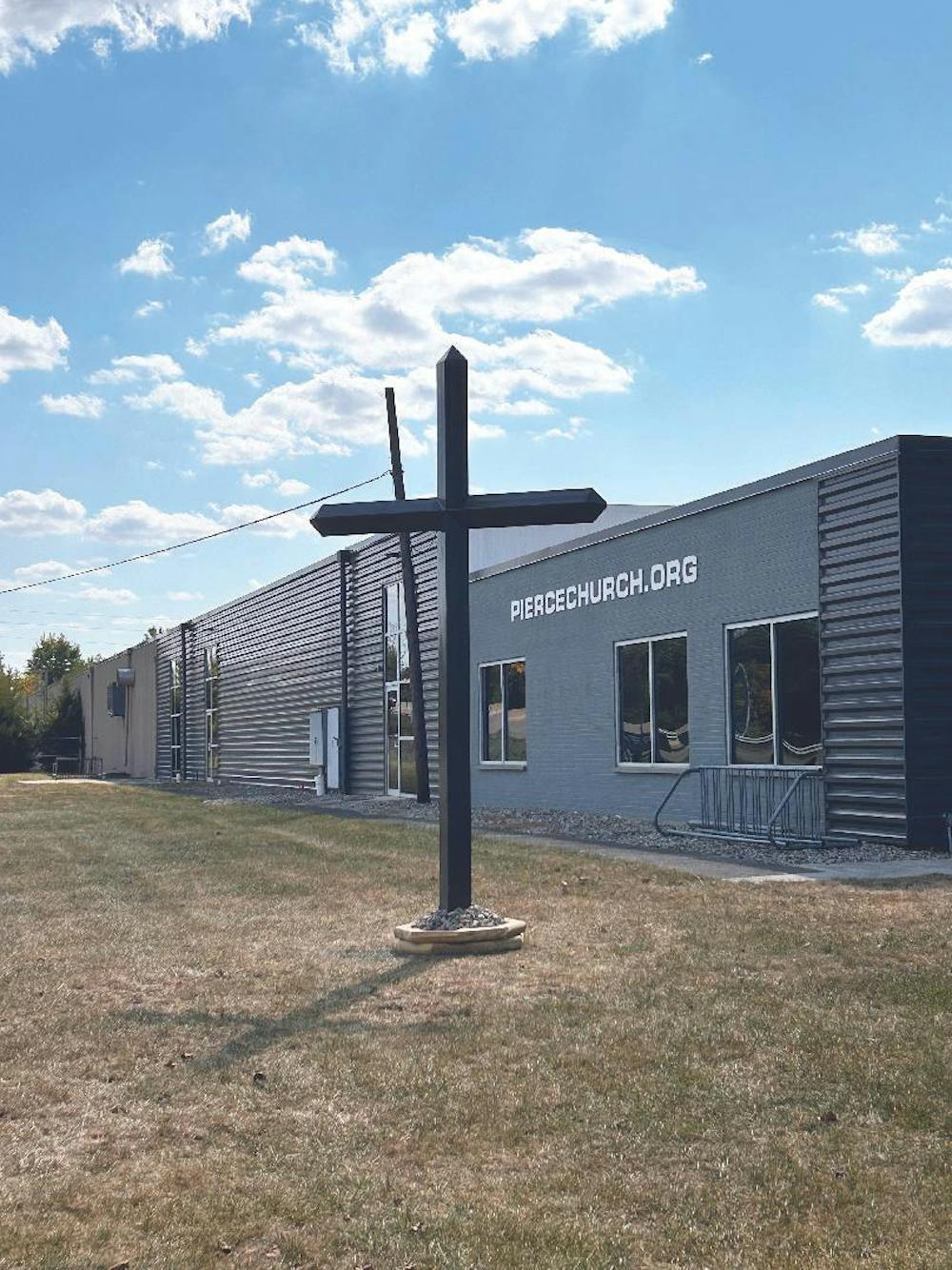Talking about politics in church should not be intimidating.
One point rings true across the board: American churches lack unity amid political diversity. People are scared to talk about politics in a place where it should be safest.
Part of this disunity stems from our view of politicians and the call to love our neighbors.
Some see a politician as a tool to institute the policies most conducive to Christian values, while others see politicians as a friend who represents Christian values.
These two views may sound similar, but Pastor Jeremy Oakland from rural Mountain Lake, Minnesota treats a person’s view of politicians as imperative to how they vote.
Everyone lives in a fallen world, and no path will save every person and fix every problem. Instead, voters must choose the path that will do the least damage and help the most people.
Oakland holds a pragmatic view of Christian politics — individuals see a problem and their fix is to find the candidate with the best solution.
However, these kinds of candidates, while effective for change, may not hold the same moral values as Christians.
As a counter, pastors such as Adam Colter in Cicero, Indiana argue a vote for a moral person is better than a vote for political change. However, these candidates may not always be the most efficient policymakers.
Simplified, this is an argument between Christians about how best to love others. Ultimately our vote as Christians should be cast in favor of whoever will love others the best. In Christian circles, there is disagreement on the best way this is achieved.
The church is called to love others in Matthew 22:39. Government is one attempt at doing just that, but it’s also still a flawed attempt.
Christians across the country engage in ugly name calling and divisive language in support of their candidate. It’s good to discuss candidates, but do not let flawed government divide Christians.
“The gospel is political, and America will never be the great hope of the world,” Joseph Carpenter, pastor of Urban Light Church in downtown Muncie, said.
Urban Light is a vibrant, multicultural congregation. In dealing with diversity, Carpenter has learned to be a listener when dealing with diverse groups instead of arguing. He realizes political discussion is important and engages with a kind and caring demeanor.
Americans use a war of logic, building brick walls using arguments — but we need to listen and love first.
Those walls can intimidate and inhibit us from accomplishing that mission.
Instead of trying to change minds, receive disagreement and listen in a kind and caring way.
There are two pragmatic ways people can make political discussion more common and less divisive.
First, ask three people why they vote the way they do.
A little discomfort and a lot of listening is all that is required. Ask a stranger after church or a person on your wing what they think about politics and then listen. Don’t respond and don’t think of a great counterargument, just listen; people love to share their opinions.
Second, when asked for an opinion, give an argument and nothing more.
Holding strong to beliefs is a great thing. Share those opinions, but only when asked.
Engage in political discourse as the church, but our ultimate call is to love others, so engage in this discussion in a loving way.





